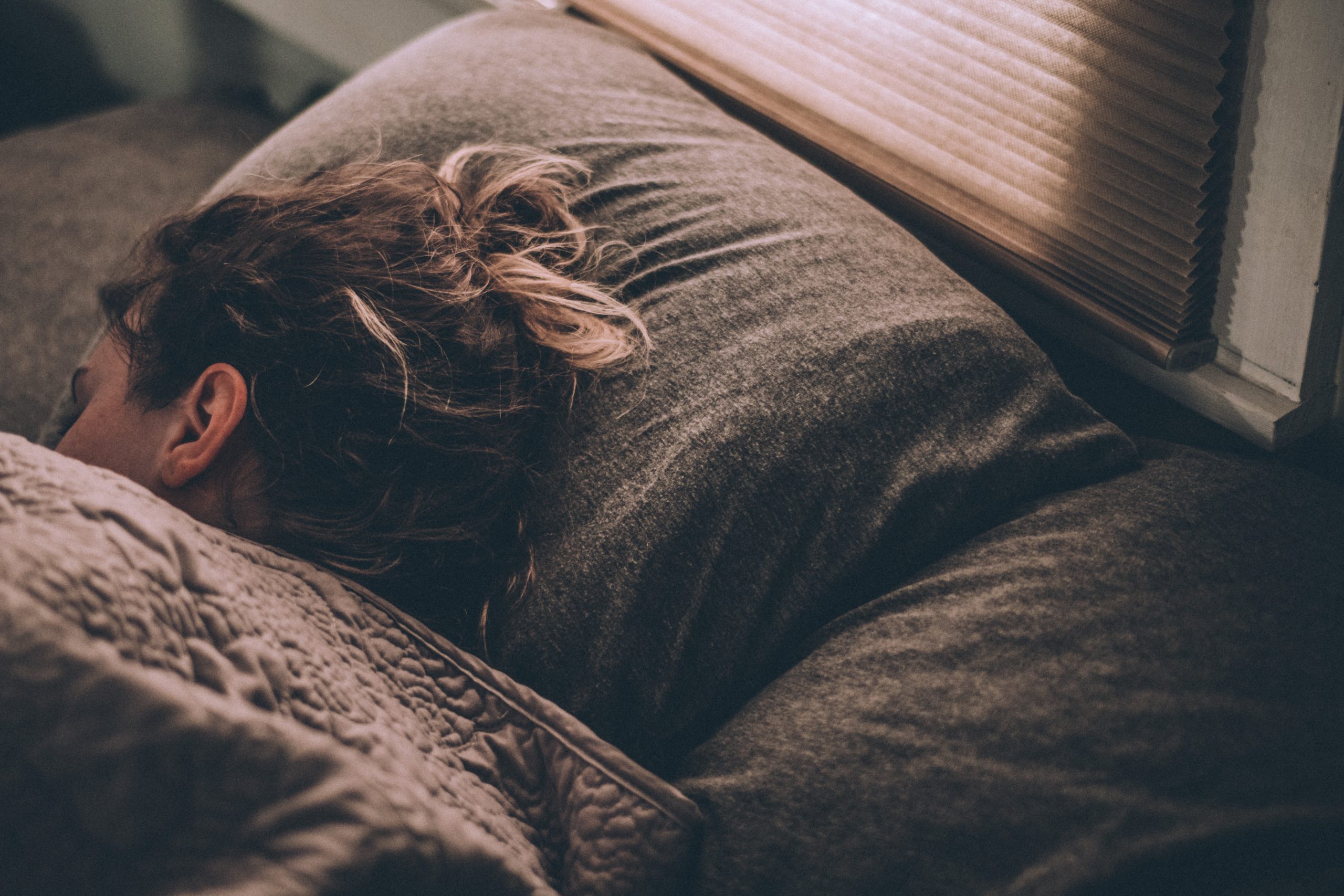We’ve covered eating well. We’ve talked about the importance of regular movement. This week, we are focusing on another key element of vitality: SLEEP. Are you getting enough?
Reflect on the following questions:
- Is it easy or difficult to get out of bed?
- When are you sleepy during the daytime?
- Are you generally in a good mood at specific times?
- When are you frequently irritable?
- Do you have difficulty concentrating at specific times?
- When do you nod off or come close to nodding off? After lunch or dinner, watching TV, or while driving?
When you’re getting quality sleep in proper amounts, you will:
- Boost alertness
- Perform better
- Increase your energy, improve resilience, and procrastinate less
- Enjoy stronger memory, concentration, and creativity
- Feel healthier
Sleep deprivation can be downright dangerous. Even short-term sleep debt is associated with headaches, colds, and stomach discomfort. Long-term sleep debt is linked to obesity, heart problems, diabetes, and shorter life spans.
As part of our Wellbeing Challenge, aim to develop at least one habit that supports a good night’s sleep. Here are some expert-recommended strategies to move toward optimal sleep.
8 Strategies to Help You Get Better Sleep
- Stick to a sleep-wake schedule. Try to maintain a consistent sleep-wake cycle by going to sleep and getting up at the same time every day. Try not to deviate more than an hour on weekdays and more than two hours on weekends.
- Consider the quality of light. Get as much daylight exposure as possible during the day. If natural light is not available, you can use bright, blue-enriched white light bulbs indoors. Sleep in complete darkness at night, or wear a mask to block light from reaching your eyes.
- Create natural wind-down lighting between dusk and dark. Just as the sun goes down, you can mimic that fading light by minimizing bright light and moving toward a warmer orange light, which promotes sleep, three hours before going to bed.
- Pay attention to your nighttime light. Any light tells the brain it’s daytime, encouraging alertness. Light suppresses melatonin, the hormone that tells the brain that it’s night. If you must have light after bedtime, use a dim red-orange night light in the hall or bathroom.
- Skip the nap. Focus on getting all the sleep you need at night, so you don’t need a nap during the day. If you need a nap, keep it short, no more than 20 minutes.
- Eat smarter. Avoid eating three hours before bedtime. You want to consume more of your calories during the day when your metabolism is most active.
- Practice screen hygiene. Dim the lights and don’t use screens within two hours of bedtime. The blue light emitted from TV, tablets, phones, and computers can have a delayed, negative effect on your sleep, even with the use of apps or eyeglasses that block blue light.
- Establish a wind-down routine. Create a transition time that separates day from night. Do something relaxing before bed, such as breathing exercises or yoga… a good way to calm the mind and body.
Keep going, keep growing…

